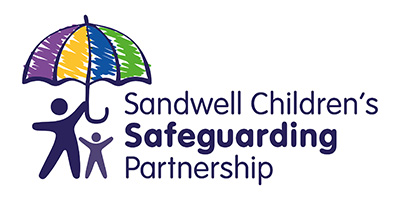Modern Slavery
Modern slavery is the recruitment, movement, harbouring or receiving of children, women or men through the use of force, coercion, abuse of vulnerability, deception or other means for the purpose of exploitation.
How does slavery happen?
Modern slavery can affect people of any age, gender or race. However, most commonly, slavery affects people and communities who are vulnerable to being taken advantage of.
- It can be someone living in poverty and having no real prospects for a decent job, who will accept a good sounding offer of a job abroad that turns out something else that what was promised.
- It can be someone from a community heavily discriminated against, such as Dalits in India, who will have to borrow money for a medical treatment from a wealthy farmer, and will fall into debt bondage for decades with no hope of help from corrupted authorities.
- Or it might be a young girl who happens to live in a society where early marriage is completely acceptable, who will have no choice over marrying an older man.
- Or it might be someone who happens to be born to a mother coming from a ‘slave’ cast, literally owned by their masters from the day they are born.
- Slavery is also more likely to occur where the rule of law is weaker and corruption is rife. It can also happen to groups of people who are not protected by the law, for example migrants whose visa status is irregular are easy to blackmail with deportation.Many people think that slavery happens only overseas, in developing countries. In fact, no country is free from modern slavery, even Britain. The Government estimates that there are tens of thousands people in modern slavery in the UK.
Forms of modern slavery
- Forced labour – any work or services which people are forced to do against their will under the threat of some form of punishment.
- Debt bondage or bonded labour – the world’s most widespread form of slavery, when people borrow money they cannot repay and are required to work to pay off the debt, then losing control over the conditions of both their employment and the debt.
- Human trafficking– involves transporting, recruiting or harbouring people for the purpose of exploitation, using violence, threats or coercion.
- Descent-based slavery – where people are born into slavery because their ancestors were captured and enslaved; they remain in slavery by descent.
- Child slavery – many people often confuse child slavery with child labour, but it is much worse. Whilst child labour is harmful for children and hinders their education and development, child slavery occurs when a child is exploited for someone else’s gain. It can include child trafficking, child soldiers, child marriage and child domestic slavery.
- Forced and early marriage – when someone is married against their will and cannot leave the marriage. Most child marriages can be considered slavery.
Useful Documents
- Local Government Association guide to modern slavery
- Modern Slavery Statutory Guidance
- Modern Slavery awareness and Victim Identification guidance
Useful Links
If you suspect that you or someone you have come across may be an adult victim of modern slavery and in need of help, please contact The Salvation Army’s confidential and anonymous referral helpline on 0800 808 3733 – available 365 days a year, 24/7 with interpretation services where needed.
